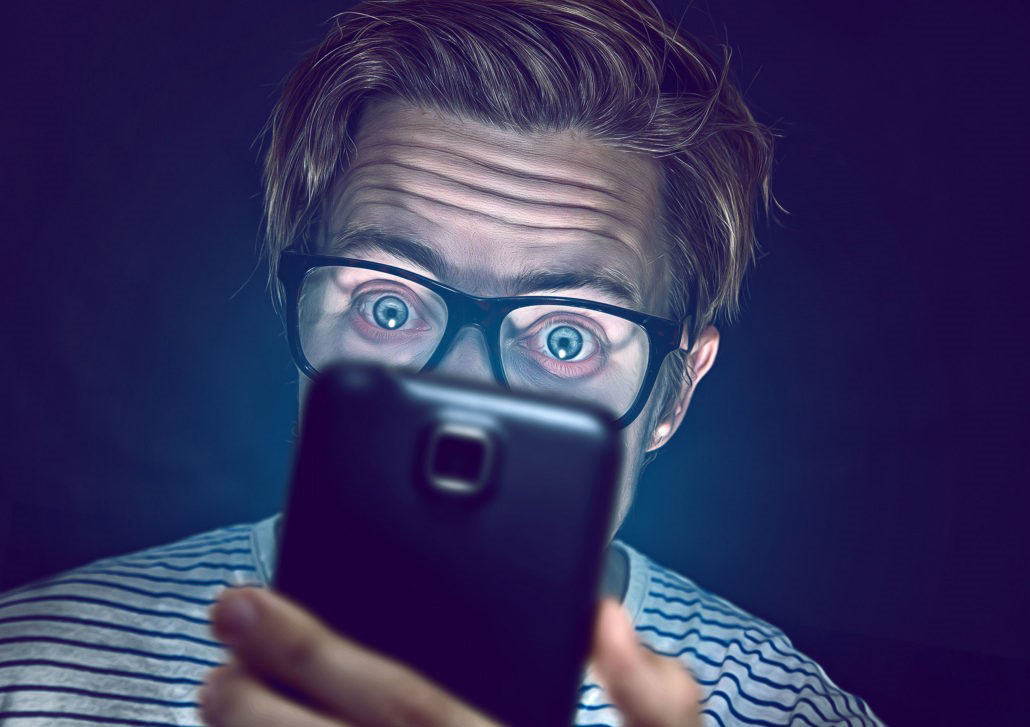 Most discussions around screen time tend to be generally targeted at children. Adults do have a better understanding of how the addiction can develop. However, while most tend to focus on the addiction side of things, and the need for limited use among children, excessive screen time can also have a negative effect on adults.
Most discussions around screen time tend to be generally targeted at children. Adults do have a better understanding of how the addiction can develop. However, while most tend to focus on the addiction side of things, and the need for limited use among children, excessive screen time can also have a negative effect on adults.
While it is easy to say you only use your phone a few times a day, screen time also includes the TV, laptop and iPad among other devices that most of us tend to forget we spend a great deal of time in front of. This week, after a very long time, I developed a brutal headache. I almost never have them. As I reflected on my habits and recent routine, I realized it has become normal for me to spend up to eight hours in front of the screen. While my body, I believe, has reached the stage of getting old age fatigue, in all honesty I too have probably accelerated the process by spending so much time being connected for work.
While our devices may seem incredibly harmless, it is important to remember that they emit blue light which has a short wavelength, thus producing higher amounts of energy. Apart from contributing to fatigue and sleeplessness, according to Dr Toni Phillips, blue light tends to penetrate the skin which then produces reactive oxygen species that progress onto DNA damage.
Hyperpigmentation is even more evident as it increases inflammation and reduces healthy collagen and elastin due to blue light. It is important to note that blue light can prove to be even more damaging than UVA and UVB. In addition to this, according to Dr Murad, “spending four eight-hour workdays in front of a computer exposes you to the same amount of energy as 20 minutes in the midday sun.” To put this in perspective, “seven minutes of sun exposure at 1 pm is powerful enough to induce immediate tanning”.
It might be difficult to accept that a simple lit screen can do so much damage but with effects on sleep patterns, and a strain on the natural circadian rhythm of skin cells it would be foolish not to.
As dermatologists try to capitalize on providing suitable products for new skin woes, it is important to recognise the problem in its true sense before trying to stick a band aid on. Organise and prioritize your screen time. Like children, try to stick to a schedule, and try to distance yourself from using your phone as a method of relaxation.
Some phones allow you the option to deactivate the blue light mode. If your phone does, try to switch settings. Alternatively, you can buy a blue light shield to help with the protection.
Skin care cream specifically geared towards shieling your skin from blue light is a pricey option but worth the while is your skin is extremely sensitive. I guess life is full circle indeed we need to monitor ourselves as we do with our children.









